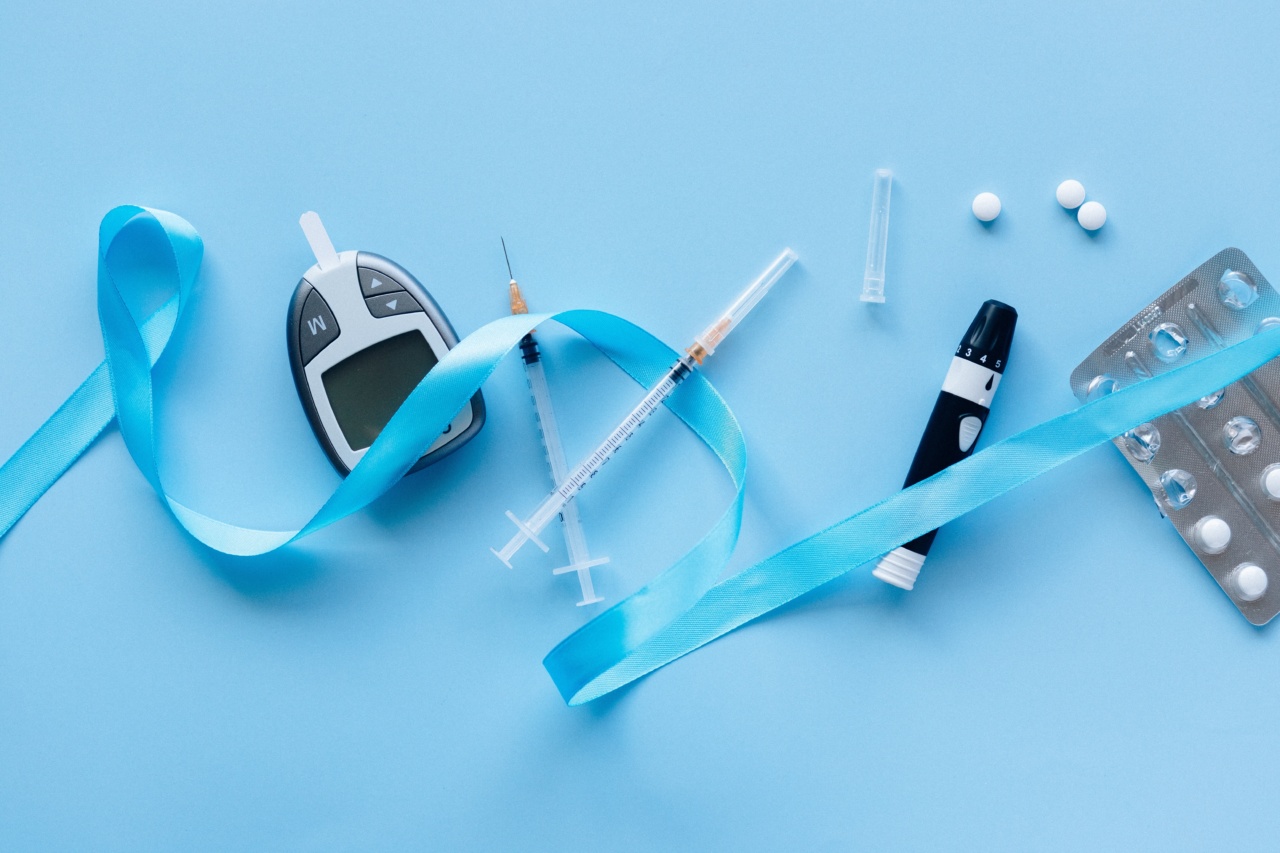Access to proper healthcare is a basic human right. Every individual has the right to access healthcare services according to their needs, regardless of their socio-economic background, race, religion, or any other personal characteristic.
Regrettably, healthcare is still considered a privilege in many parts of the world. Due to lack of access to proper healthcare services, millions of people around the world are unable to receive essential treatment and healthcare services.
According to the World Health Organization (WHO), at least half of the world’s population does not have access to essential health services.
What is the Right to Health?
The right to health is an inalienable human right that implies that every individual has the right to the highest attainable standard of physical and mental health.
The World Health Organisation defines health as “a state of complete physical, mental and social well-being, and not merely the absence of disease or infirmity”. According to the Universal Declaration of Human Rights (UDHR), everyone has the right to enjoy the highest attainable standard of physical and mental health.
The right to health includes access to medical care, medication, surgical services, mental health, and other essential health services.
Numerous barriers hinder access to health, including poverty, social discrimination, gender inequalities, and inadequate infrastructure. Governments have a responsibility to ensure that access to healthcare is available and accessible to all, irrespective of age, gender, or socioeconomic status.
Why Access to Healthcare is Vital
Access to healthcare is a crucial component of a functioning society. It not only helps to improve the health and well-being of individuals but also contributes to economic prosperity.
When people are healthy, they can lead productive and fulfilling lives, contribute to society, and participate in the workforce. In contrast, poor health has a detrimental impact on the income of individuals and society as a whole.
Moreover, access to healthcare services helps to prevent illnesses and diseases, reduce mortality rates, and improve the quality of life. Health care services are essential in managing chronic diseases, such as cancer, diabetes, and heart disease.
Failure to provide timely and appropriate healthcare services can have dire consequences, including unnecessary deaths.
Inequalities in Access to Healthcare
Access to healthcare is far from equitable. In many countries, low-income households are unable to access healthcare services due to financial barriers.
Healthcare expenses are one of the leading causes of poverty, especially in countries where health insurance is non-existent or inadequate.
There are also significant disparities in access to healthcare with regards to race, ethnicity, and gender. In many parts of the world, women and girls have limited access to healthcare services, especially in areas such as reproductive health.
Indigenous people and other minority groups also face barriers in accessing healthcare services.
The COVID-19 pandemic has further exposed the unequal distribution of healthcare access globally. There is a wide disparity among countries in terms of their capacity to manage the pandemic.
High-income countries have better health infrastructure, access to more testing, and adequate medical supplies, while low- and middle-income countries face numerous challenges in managing the pandemic.
Role of Governments and Health Care Systems
The government has a critical role to play in ensuring that all citizens have access to healthcare services. Health care systems should be designed to cater to the health needs of all citizens, irrespective of their backgrounds.
Governments should develop policies and strategies that prioritize equitable access to healthcare services and address the disparities in health outcomes among different groups of people.
The primary healthcare approach is an effective way to ensure universal access to healthcare.
It is a people-centered approach that aims to provide comprehensive and integrated health services that are accessible, affordable, and acceptable to the community. Evidence suggests that investments in primary healthcare can lead to significant improvements in health outcomes.
Improved health outcomes also require a strengthening of public healthcare systems. Governments should increase their investment in healthcare infrastructure, including hospitals, medical equipment, and medical professionals.
Training and recruitment of health professionals should be prioritized, and incentives should be provided to health professionals working in remote and underserved areas.
Conclusion
Access to healthcare is a basic human right that every individual deserves. Lack of access to healthcare services has far-reaching consequences, including poverty, ill-health, and reduced life expectancy.
Governments have a crucial role to play in ensuring that healthcare is available and accessible to all citizens, regardless of their background. A well-functioning healthcare system that prioritizes primary healthcare and public health infrastructure can help solve the access disparities that exist around the world.






























